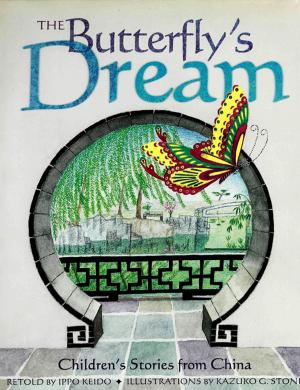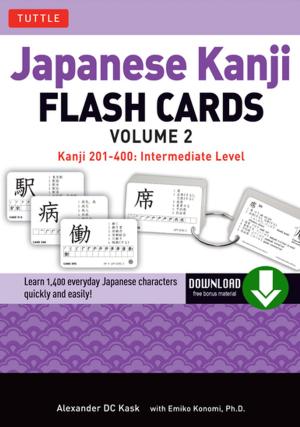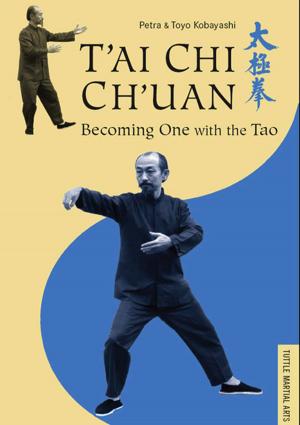Romaji Diary and Sad Toys
Nonfiction, History, Asian, Japan, Fiction & Literature, Poetry, Literary Theory & Criticism| Author: | Takuboku Ishikawa | ISBN: | 9781462900787 |
| Publisher: | Tuttle Publishing | Publication: | September 20, 2011 |
| Imprint: | Tuttle Publishing | Language: | English |
| Author: | Takuboku Ishikawa |
| ISBN: | 9781462900787 |
| Publisher: | Tuttle Publishing |
| Publication: | September 20, 2011 |
| Imprint: | Tuttle Publishing |
| Language: | English |
The novella Romaji Diary represents the first instance of a Japanese writer using romaji (roman script) to tell stories in a way that could not be told in kana or kanji. Sad Toys is a collection of 194 Tanka, the traditional 31 syllable poems that are evocative of Japan's misty past and its tentative steps into the wider world.
The publication of this edition of two of Takuboku Ishikawa's finest and most popular works together in translation has proven to be interesting from various standpoints. Romaji Diary and the collection of tanka, Sad Toys, while different forms of literature, are not as dissimilar as they appear on the surface. Takuboku himself wrote that poetry "must be an exact report, an honest diary, of the changes in a man’s emotional life," and these tanka are indeed as much a diary as a standard prose one. Both works reflect clearly, honestly, and poignantly the emotions and philosophy of a complex individual living in a time of profound change in Japan.
Romaji Diary is here presented in full in English for the first time.
The novella Romaji Diary represents the first instance of a Japanese writer using romaji (roman script) to tell stories in a way that could not be told in kana or kanji. Sad Toys is a collection of 194 Tanka, the traditional 31 syllable poems that are evocative of Japan's misty past and its tentative steps into the wider world.
The publication of this edition of two of Takuboku Ishikawa's finest and most popular works together in translation has proven to be interesting from various standpoints. Romaji Diary and the collection of tanka, Sad Toys, while different forms of literature, are not as dissimilar as they appear on the surface. Takuboku himself wrote that poetry "must be an exact report, an honest diary, of the changes in a man’s emotional life," and these tanka are indeed as much a diary as a standard prose one. Both works reflect clearly, honestly, and poignantly the emotions and philosophy of a complex individual living in a time of profound change in Japan.
Romaji Diary is here presented in full in English for the first time.















